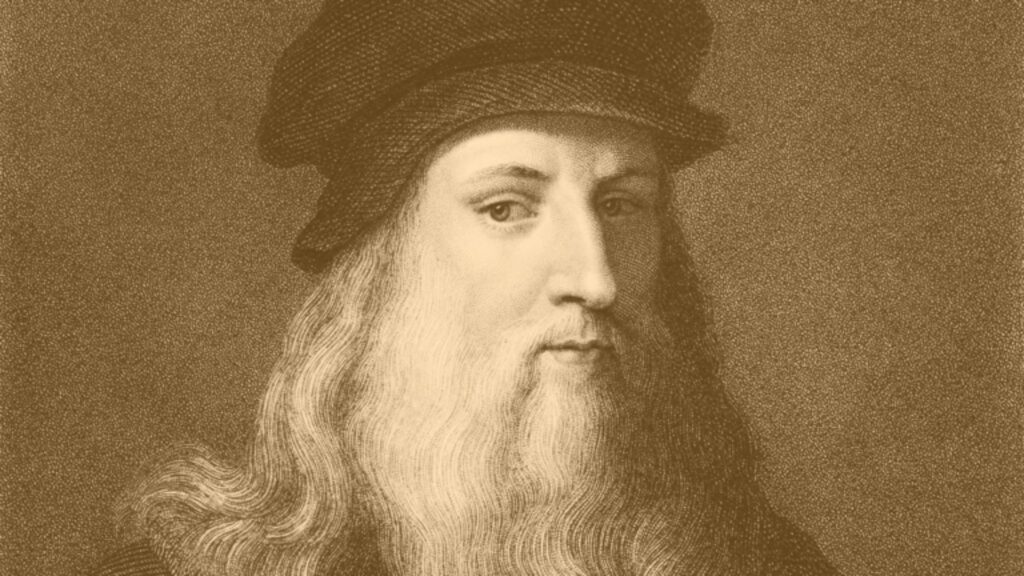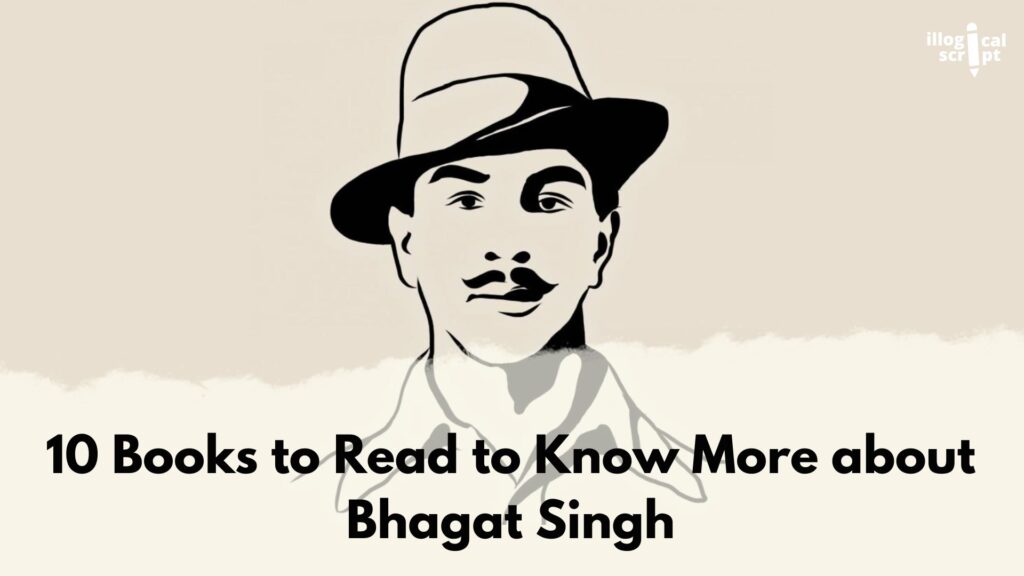Have you ever wondered why you are here and what you are doing in this world now? I can tell myself that I get these thoughts, though most of them arrive past midnight. Everything happens for a reason, so if we are here, we might have a sense. But what is it, and how does one figure it out? Here in this article, we are going to discuss such 11 books about existentialism.
The existentialist school of thought comprises a wide range of philosophies. These opinions may differ, but they are all focused on the individual and their independence in the world and society. Existentialism is one of those terms that was used after the fact to a broad range of philosophical viewpoints with a common set of ideals.
Existentialism is a tradition of philosophical inquiry most closely associated with a select group of 19th and 20th century European philosophers who, despite having profoundly divergent doctrinal views, shared the conviction that philosophical question begins with the human subject—not just the thinking subject but the acting, feeling, and living human individual as well.
Enough background knowledge and small talks. Let’s get down to business, shall we? Keep reading below to explore more about existentialism books.
Great Books About Existentialism
1. Nausea
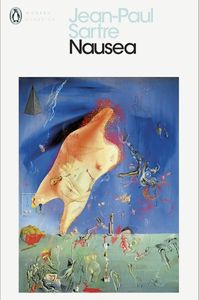
Full Title: Nausea
Author: Jean-Paul Sartre
Genre: Philosophical fiction
Publishing date: 1938
Description:
The novel Nausea tells the tale of French author Antoine Roquentin, who is frightened by his existence. He mercilessly catalogues his thoughts and feelings about the world and the people around him in an impressionistic diary.
The feeling of Nausea that he experiences at the end of his thoughts is pervasive and overwhelming. Spreading “at the bottom of the viscous puddle, at the bottom of our time, the time of purple suspenders and broken chair seats; it is made of wide, soft instants, spreading at the edge, like an oil stain.”
Sartre can portray the foundations of his Existentialist philosophy through Roquentin’s attempts to come to terms with his life and his philosophical and psychological conflicts.
2. Either/Or
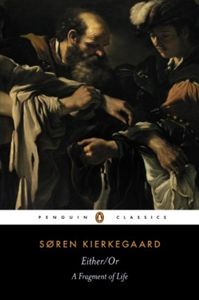
Full Title: Either/Or: A Fragment of Life
Author: Søren Kierkegaard
Genre: Philosophy
Publishing date: 1843
Description:
In the famous Seducer’s Diary, Kierkegaard explores the cynical seduction and ultimate rejection of a young, beautiful woman. By adopting the viewpoints of two figures with radically different beliefs—the aesthetic young man of Part One, called “A,” and the ethical Judge Vilhelm of the second section—Kierkegaard reflects on the search for a meaningful existence.
A masterwork of dualism, this book explores the tension between the aesthetic and the ethical, reflecting on Epicurean pleasures in a sarcastic and alluring way while also eloquently outlining the magnificent values of a morally good life.
3. Thus Spoke Zarathustra
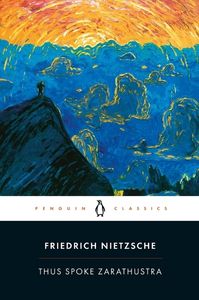
Full Title: Thus Spoke Zarathustra
Author: Friedrich Nietzsche
Genre: Philosophical fiction
Publishing date: 1883
Description:
Spoke Zarathustra, often regarded as Friedrich Nietzsche’s greatest work, is a classic of Western literature. It features the famous debate between the German philosopher and the term “God is dead,” as well as his idea of Superman. Pages of Nietzsche’s Will to Power thesis devoted to criticise Christian thought, particularly its conception of good and evil.
4. The Myth of Sisyphus
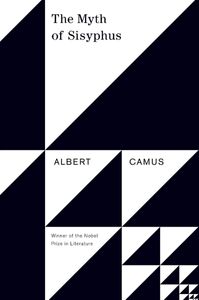
Full Title: The Myth of Sisyphus
Author: Albert Camus
Genre: Philosophy
Publishing date: 1942
Description:
This important exposition of existentialist ideas is one of this century’s most significant pieces of literature. These pieces, which drew inspiration from works like Don Juan and Kafka’s novels, start with a reflection on suicide: the choice between living and dying in a ridiculous, meaningless existence.
Camus offers lyrical eloquence as he affirms the significance of one’s existence and the potential of a life lived with honor and sincerity.
5. Rethinking Existentialism
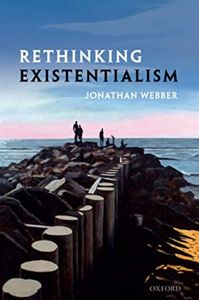
Full Title: Rethinking Existentialism
Author: Jonathan Webber
Genre: Philosophy
Publishing date: 2018
Description:
Webber claims that although Sartre and Beauvoir first disagreed in 1943 on the framework of human freedom, over the following ten years, Sartre eventually accepted Beauvoir’s position. Webber presents his arguments in an approachable and compelling manner. He explores the idea that Beauvoir, rather than Sartre or Fanon, offers a more persuasive case for authenticity.
Important issues like personal integrity or social identities like race and gender are discussed thematically and compared with existentialism. After reviewing several theoretical and literary works, Webber begins by cogently outlining the broader implications of his interpretation of existentialism for philosophy, psychology, and psychotherapy.
6. The Age of Reason
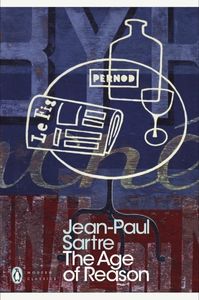
Full Title: The Age of Reason
Author: Jean-Paul Sartre
Genre: Philosophical fiction
Publishing date: 1945
Description:
The story of Mathieu, a French philosophy professor who is fixated on the concept of freedom, is told in The Age of Reason, which is set in 1938. His search for a way to stay free intensifies as the Second World War looms, and his personal life is made more difficult by his mistress’s pregnancy.
7. No Exit and Three Other Plays
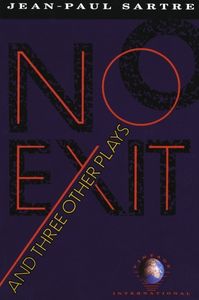
Full Title: No Exit and Three Other Plays
Author: Jean-Paul Sartre
Genre: Philosophical Fiction
Publishing date: 1944
Description:
The famous existentialist author and philosopher Jean-Paul Sartre demonstrates his command of theatre in these four plays. Hell is portrayed in NO EXIT unforgettably. The Electra-Orestes tale has been updated in THE FLIES. A young academic divided between theory and practice is the subject of DIRTY HANDS. THE RESPECTFUL PROSTITUTE is a critique of racism in America.
8. Beyond Good and Evil
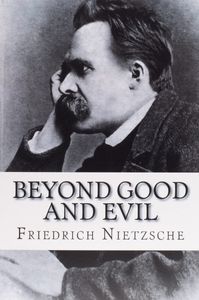
Full Title: Beyond Good and Evil
Author: Friedrich Nietzsche
Genre: Philosophy
Publishing date: 2003
Description:
The publication of Beyond Good and Evil solidified Nietzsche’s status as the leading philosopher in Europe. The text radically opposes the Western philosophical tradition with its ideas of good and evil, truth, and God.
According to Nietzsche, the Christian culture is entangled in a “slave morality” and immersed in false piety. He transitions from this critique to a philosophy that celebrates the present and calls for the individual to force their own “will to power” on the universe with wit and vigour.
9. The Wall
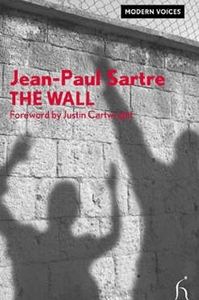
Full Title: The Wall
Author: Jean-Paul Sartre
Genre: Short Story
Publishing date: 1939
Description:
Three political prisoners are introduced in the collection’s first story, “The Wall,” on the eve of their execution. Their mental fall is meticulously and frequently terrifyingly detailed, all under the watchful eye of a disinterested doctor who appears to be there for the men’s comfort.
Long before the first shot is fired, the men cross the psychological line between life and death as the morning inevitably approaches. This masterful portrayal of life in agony serves as the ideal preface to a collection of tales in which the neurosis of the contemporary world is reflected in the lives of those who live in it.
10. The Death of Ivan Ilyich
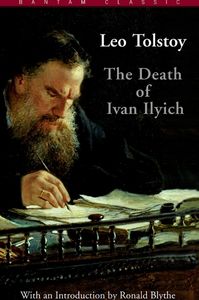
Full Title: The Death of Ivan Ilyich
Author: Leo Tolstoy
Genre: Novella
Publishing date: 1886
Description:
The Death of Ivan Ilyich, hailed as one of the world’s greatest masterpieces on the theme of death and dying, tells the tale of a worldly careerist and high court judge who has never given the inevitable nature of his death even a fleeting thought. But eventually, death makes itself known to him, and to his startled surprise, he is forced to acknowledge his mortality.
Following the release of Anna Karenina, Tolstoy experienced a terrible spiritual crisis that culminated in this short novel. He produced only a single word of fiction during the nine years that followed.
11. The Rebel
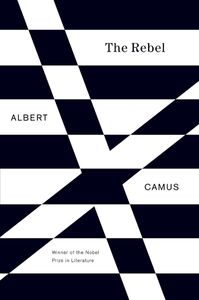
Full Title: The Rebel
Author: Albert Camus
Genre: Philosophy
Publishing date: 1951
Description:
The Rebel, written by one of our century’s most profoundly influential philosophers, is a well-known essay on revolt. According to Albert Camus, one of the “fundamental features” of human nature is the drive to Rebel against authority. This urge has historically revealed itself in the proletarian struggle of man against the conditions of his life and in popular uprisings against authoritarian regimes.
However, The Rebel resonates as a passionate, articulate, and supremely intellectual voice of conscience for our turbulent times, focusing on the French Revolution and its regicides and deicides to demonstrate how inevitably the road of revolution leads to tyranny when old regimes throughout the world fall.
Final Words
So, what do you think? It is hard to go through philosophy books, but once you get a hold of them, they might prove pretty useful and shockingly calming. One must read at least some of the books mentioned above. They help and are interesting, speaking from experience.
I hope you enjoy your journey towards discovering yourself and your existence through the medium of these books! Happy reading!



